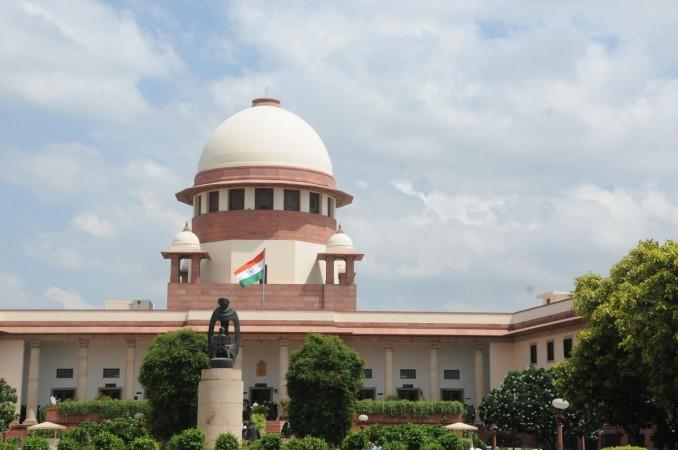The Supreme Court on Thursday, February 20 dismissed a curative petition filed by victims' group of the 1997 Uphaar cinema fire tragedy case.
After this judgement, it is final now, the Ansal brothers would not go to jail. The brothers had escaped a further jail term after the court's direction in 2015 to shell out Rs 60 crore in penalty.

SC dismisses AVUT's plea
A three-judge bench headed by Chief Justice SA Bobde, and comprising Justices NV Ramana and Arun Mishra, in-chamber considered the curative plea by the Association for Victims of Uphaar Tragedy (AVUT)and dismissed it.
We have gone through the curative petitions and the relevant documents. In our opinion, no case is made out.... Hence, the curative petition is dismissed. - Supreme Court bench

The AVUT, through its president Neelam Krishnamoorthy, had sought review of the verdict. The association filed the curative petition in the top court seeking more jail time for the brothers for negligence, leading to the horrific fire which killed 59 people. This incident later came to be known as the Uphaar tragedy.
What is the Uphaar tragedy?
On June 13, 1997, halfway through the screening of Hindi film "Border", a fire broke out in the Uphaar cinema, located in Green Park in south Delhi.
- Two transformers installed on the ground floor of the Uphaar Cinema building caught fire.
- Killing 59 and leaving 103 people injured in the resulting stampede.
- The Association of the Victims of the Uphaar Tragedy (AVUT) was formed by the families who lost their loved ones.
- AVUT, comprised of 30 families, filed the civil compensation case and won Rs 25 crore in compensation by the Delhi HC.
- 16 accused were named in CBI's charge sheet, including theatre owners Sushil and Gopal Ansal.
- The accused were charged under sections 304 (culpable homicide), 304 A (causing death by the negligent act) and 337 (hurt) of the Indian Penal Code (IPC).
- The apex court in August 2015 allowed the Ansals to walk free and asked them to pay a fine of Rs 30 crore each.
- In February 2017, the top court had through a 2:1 majority judgement gave relief to 78-year-old Sushil Ansal, citing his "advanced age-related complications" by awarding him the jail term which he had already served.















